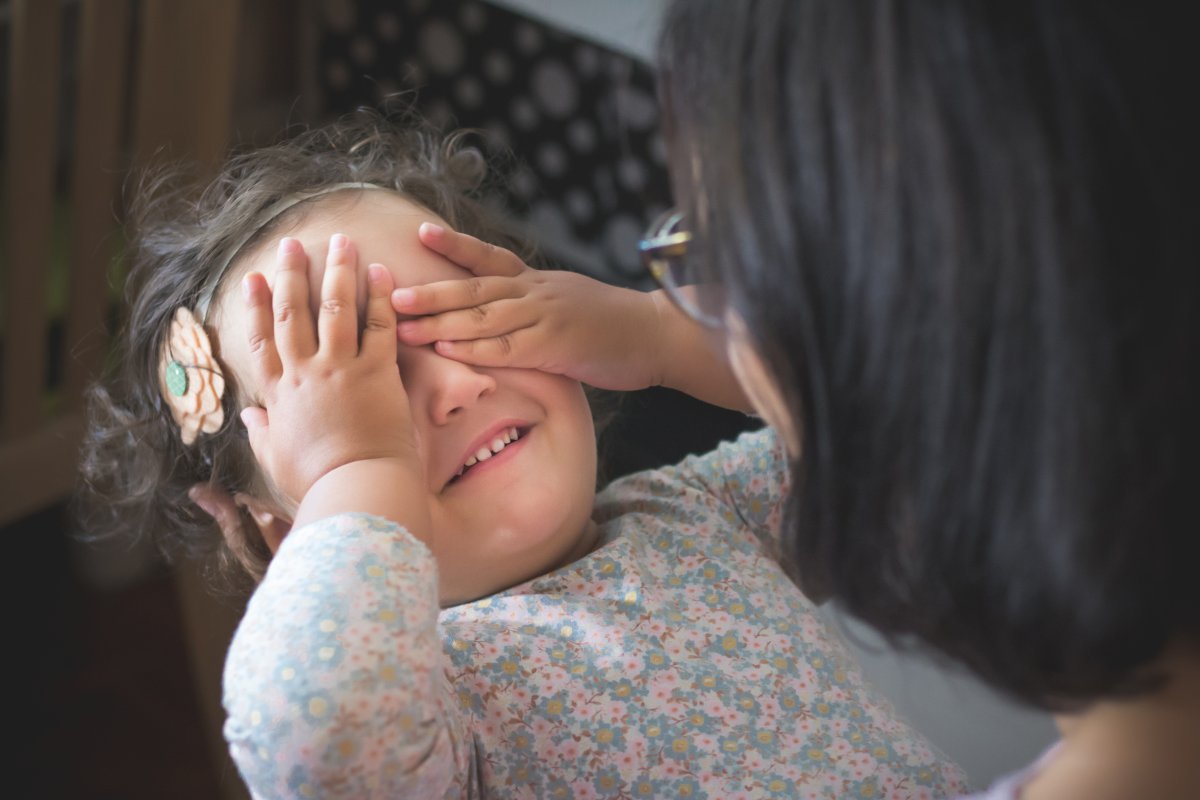Signs of autism could be spotted in babies as young as four-months-old by monitoring their response to games such as “peek-a-boo” and the “incy-wincy spider,” according to a new study.

The study, published by the Centre for Brain and Cognitive Development at Birkbeck, University of London, said babies who were later diagnosed with autism spectrum disorder (ASD) showed a lower level of brain activity in response to people playing interactive social games or watching people laugh, cry or yawn.
The study also showed the infants were more reactive to “non-social” images of inanimate objects such as cars.
“Given the importance of responding to others in our social world, it is possible that different attentional biases in babies may impact on the development of social brain responses, which can continue to affect the child’s developmental trajectory as they get older,” the study’s lead researcher Dr. Sarah Lloyd-Fox told the Telegraph.
“Identifying early patterns of altered development which may later associate with ASD is important because it will allow doctors to offer earlier interventions and provide families with earlier avenues for support.”
According to the Center for Disease Control and Prevention, playing games such as “peek-a-boo” is a key developmental milestone for infants who are around 12 months old.
The Public Health Agency of Canada says one in every 66 Canadian children and youth aged five to 17 has autism spectrum disorder.
WATCH: Tips for parents of children with autism on how to keep them safe

Scientists leading the study, which was a collaborative effort from scientists from the University of London, University of Cambridge, University College London and King’s College London, used neuroimaging technology to measure the brain activity of infants aged four to six months.
The researchers looked at the babies’ brain activity when they watched “social” videos of people playing peek-a-boo or incy-wincy spider. The babies then watched “non-social” images of inanimate objects.
The scientists then measured the infants’ brain activity in response to human vocalizations, such as coughing, yawning, crying and laughing, compared to non-human sounds, such as a bell and running water.
The study showed that babies who did not go on to be diagnosed with ASD had higher levels of stimulus in response to the social videos than the non-social ones.
ASD is a neurodevelopmental disorder that impacts brain development causing people to experience communication problems, difficulty with social interactions and a tendency to repeat specific patterns of behaviour.
According to Autism Canada, earlier screening and diagnosis results in more effective treatment for children living with ASD.
- Canadian man dies during Texas Ironman event. His widow wants answers as to why
- Canadians more likely to eat food past best-before date. What are the risks?
- ‘Sciatica was gone’: hospital performs robot-assisted spinal surgery in Canadian first
- Treatment from female doctors leads to lower death rates, study finds




Comments